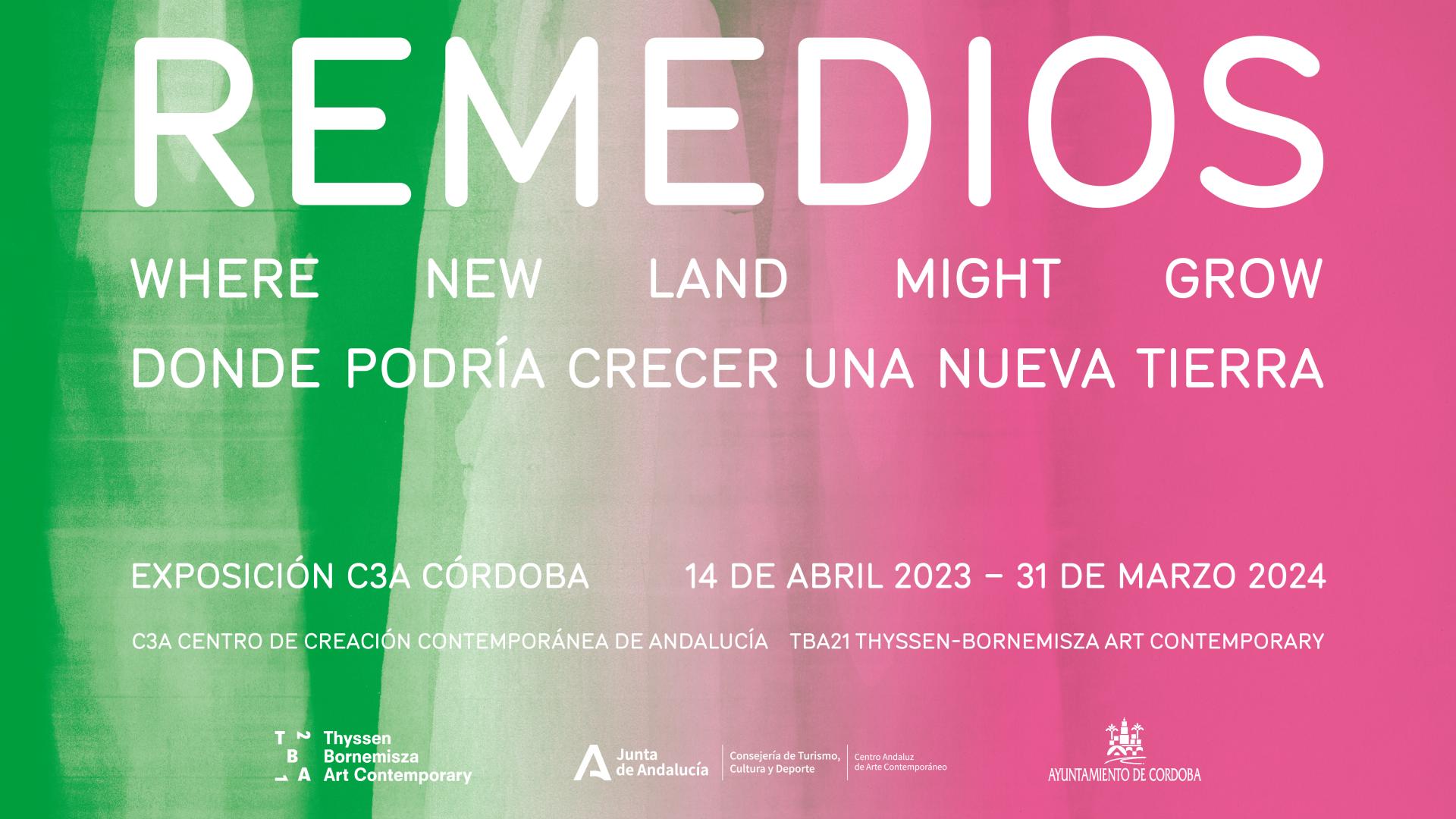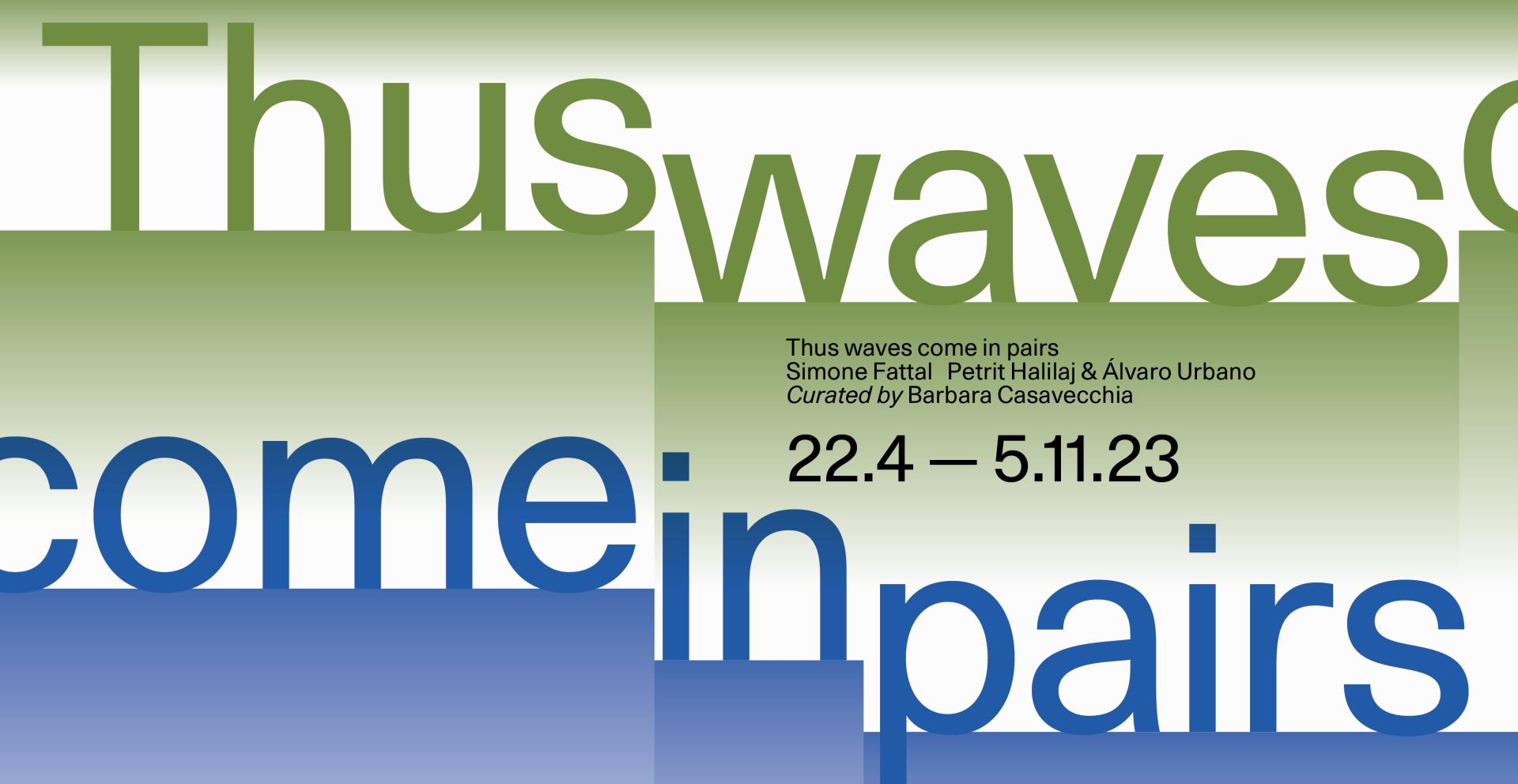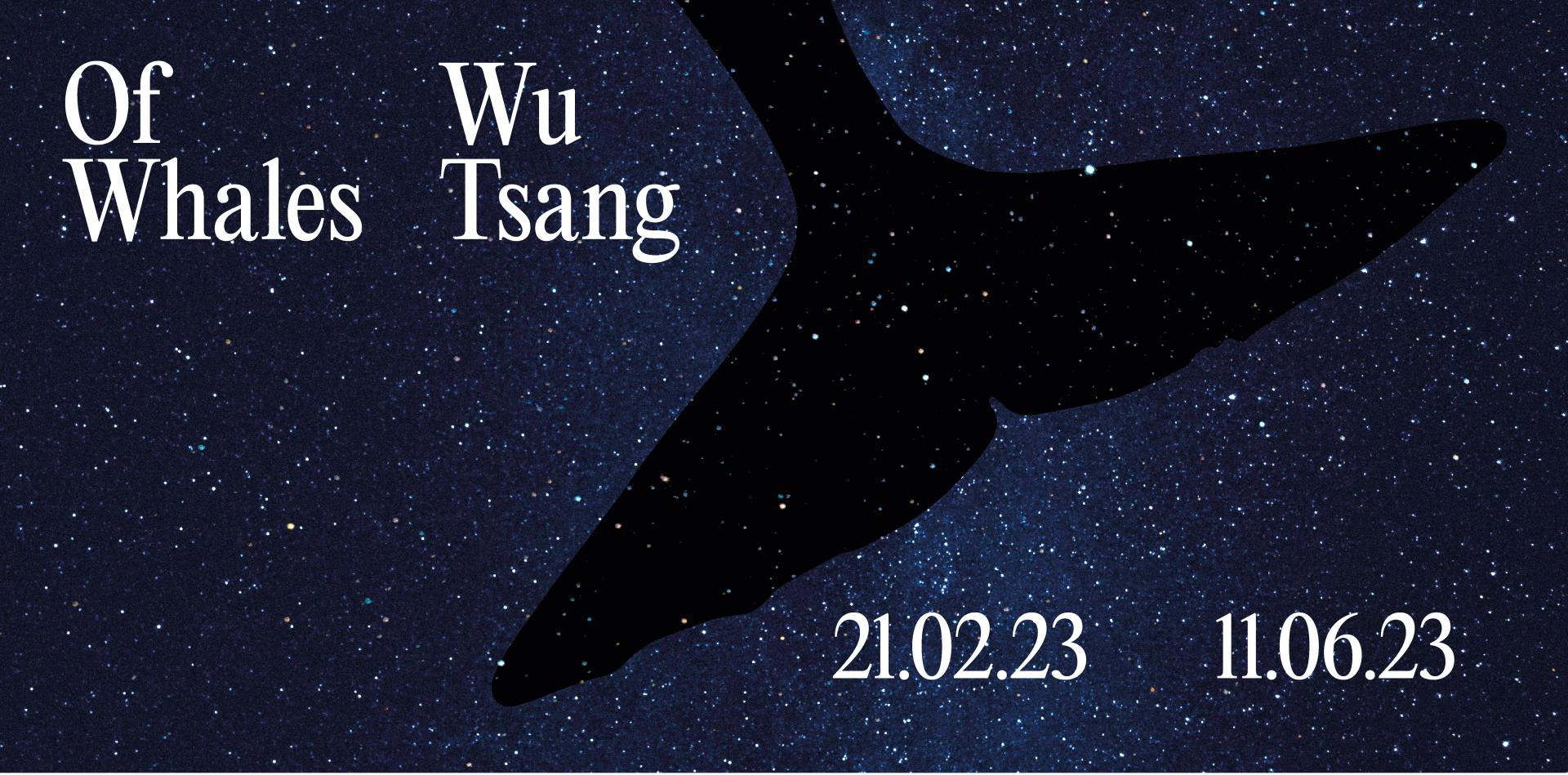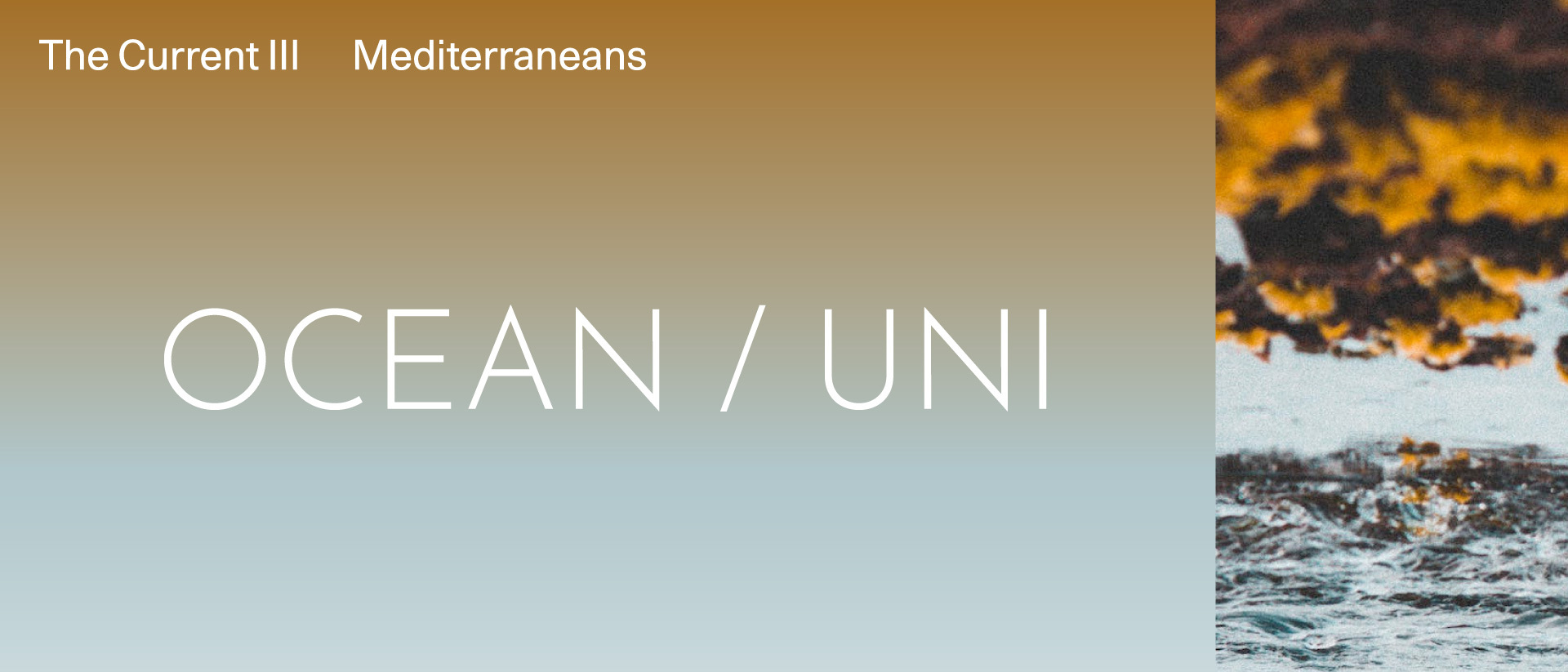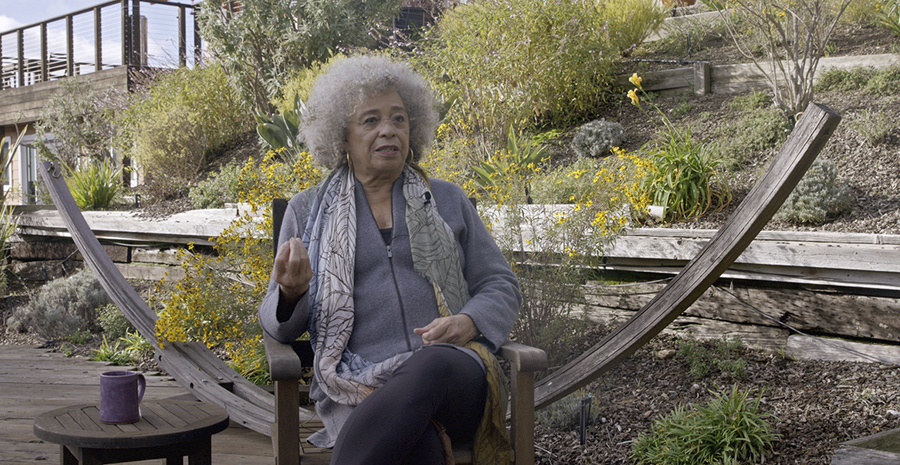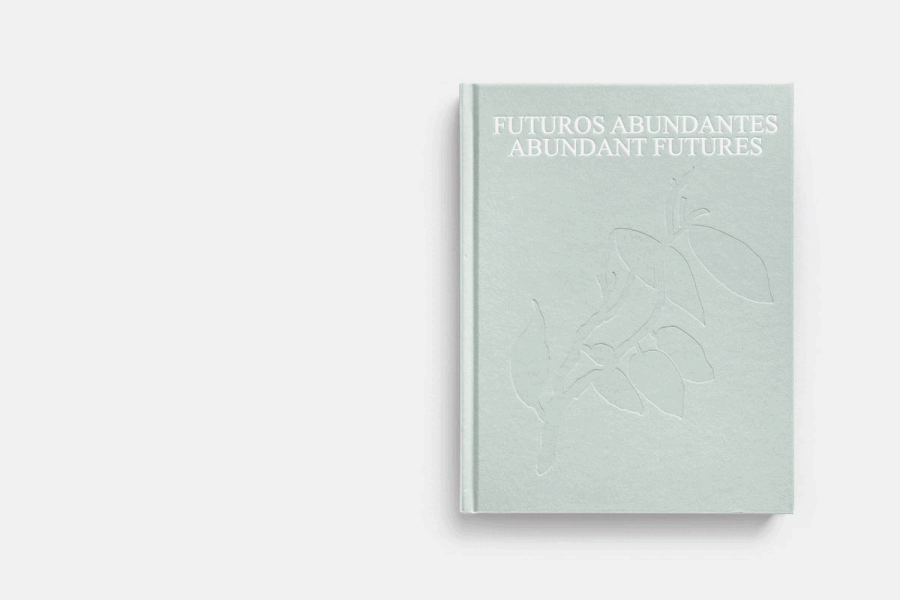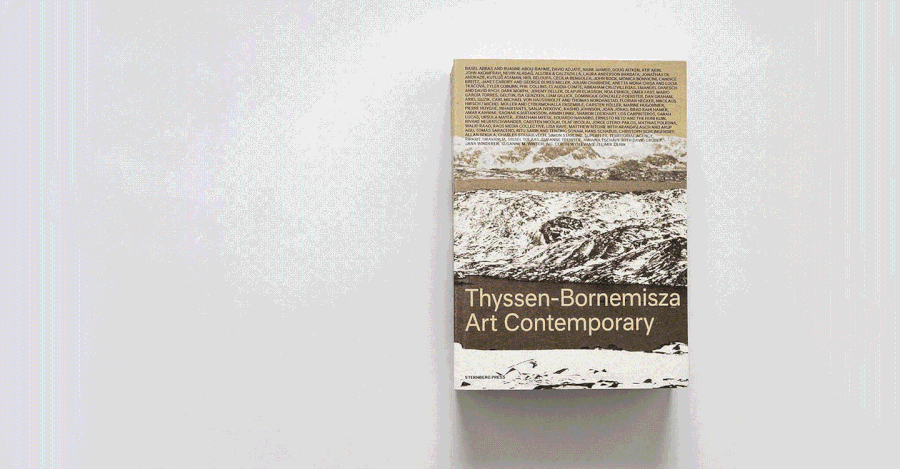Cleave 01, 2001
Cerith Wyn Evans

Installation view: Cerith Wyn Evans – The What If?... Scenario (after LG), Thyssen-Bornemisza Art Contemporary, Vienna, Austria, 2013
Photo: Jens Ziehe | TBA21
Photo: Jens Ziehe | TBA21
Collection
Neon, halogen lamp, shutter, computer with morse code unit,
and text by P. P. Pasolini
Overall dimensions variable
Pier Paolo Pasolini’s mysterious novel “Petrolio”, published posthumously in 1992, opens up a vast field of possible meanings and references in Cleave 01 by Welsh artist Cerith Wyn Evans. “Petrolio” is an obscure and incomplete magnum opus, described as a “convoluted collection of truncated chapters, chunks of text and shreds of sentences”, a fragmented fragment, a “furious portrait of an obscene, power-hungry and egomaniac society”. In Cleave 01, letters and characters from the meta-novel are read word by word by a computer, translated into Morse code and transmitted in pulsating light signals onto the wall. The flashing signals appear above a neon sign fixed to the wall which reads: "Now let's see what's happening – In the Superimposed Vision Scene". “To cleave”, as in “to cleave a way” means severing or cutting, both dividing and joining, and offers some indication of the artist’s approach, whereas “Petrolio Transmission”, the title of its inaugural exhibition, describes the formal workings of the piece. Alluding to the territory between literature and film, Cerith Wyn Evans explores the communicative potential of sculpture by inscribing encrypted messages in a perceptual maze of quotation-like references. Set to a pulsing rhythm, information is emitted and transmitted, nevertheless hidden in a dialectic contest between the visible and the invisible, sign and meaning. The encryption of text – whether Morse code, neon sign or sound – distances it from the original, is a rupture of sorts, and yet it is still a visible manifestation of that same information. Cleave 01 is a piece that synthesises the concept of displacement – displacement of language, time, movement – and draws on the mysterious language of poetry. “And may the reader forgive me if I annoy him with these matters," writes Pasolini "but I am living the genesis of my book."
*1958 in Llanelli, United Kingdom | Living and working in London, United Kingdom
and text by P. P. Pasolini
Overall dimensions variable
Pier Paolo Pasolini’s mysterious novel “Petrolio”, published posthumously in 1992, opens up a vast field of possible meanings and references in Cleave 01 by Welsh artist Cerith Wyn Evans. “Petrolio” is an obscure and incomplete magnum opus, described as a “convoluted collection of truncated chapters, chunks of text and shreds of sentences”, a fragmented fragment, a “furious portrait of an obscene, power-hungry and egomaniac society”. In Cleave 01, letters and characters from the meta-novel are read word by word by a computer, translated into Morse code and transmitted in pulsating light signals onto the wall. The flashing signals appear above a neon sign fixed to the wall which reads: "Now let's see what's happening – In the Superimposed Vision Scene". “To cleave”, as in “to cleave a way” means severing or cutting, both dividing and joining, and offers some indication of the artist’s approach, whereas “Petrolio Transmission”, the title of its inaugural exhibition, describes the formal workings of the piece. Alluding to the territory between literature and film, Cerith Wyn Evans explores the communicative potential of sculpture by inscribing encrypted messages in a perceptual maze of quotation-like references. Set to a pulsing rhythm, information is emitted and transmitted, nevertheless hidden in a dialectic contest between the visible and the invisible, sign and meaning. The encryption of text – whether Morse code, neon sign or sound – distances it from the original, is a rupture of sorts, and yet it is still a visible manifestation of that same information. Cleave 01 is a piece that synthesises the concept of displacement – displacement of language, time, movement – and draws on the mysterious language of poetry. “And may the reader forgive me if I annoy him with these matters," writes Pasolini "but I am living the genesis of my book."
*1958 in Llanelli, United Kingdom | Living and working in London, United Kingdom



